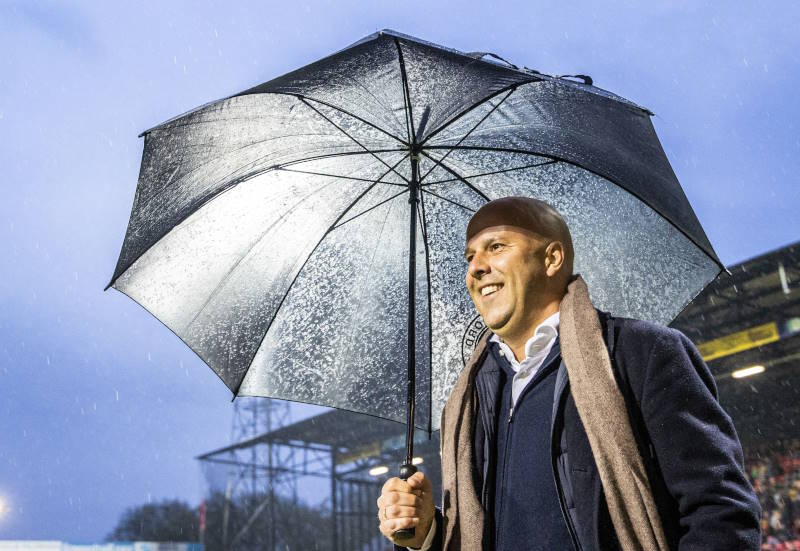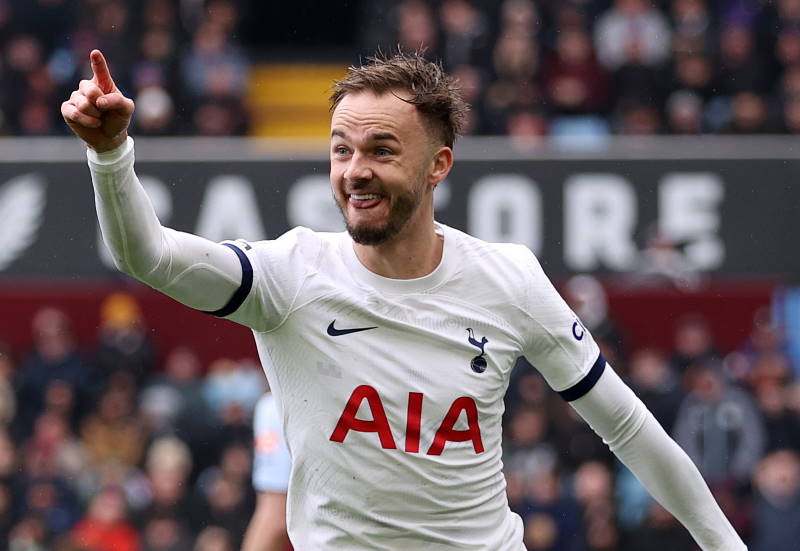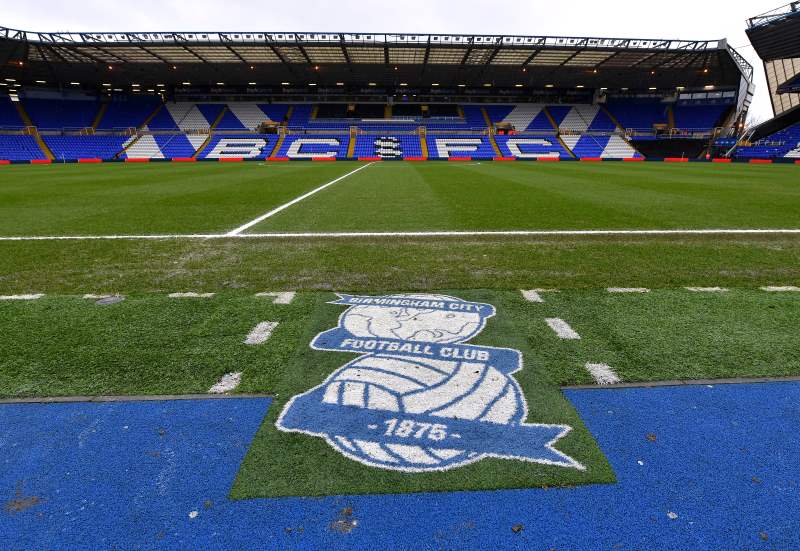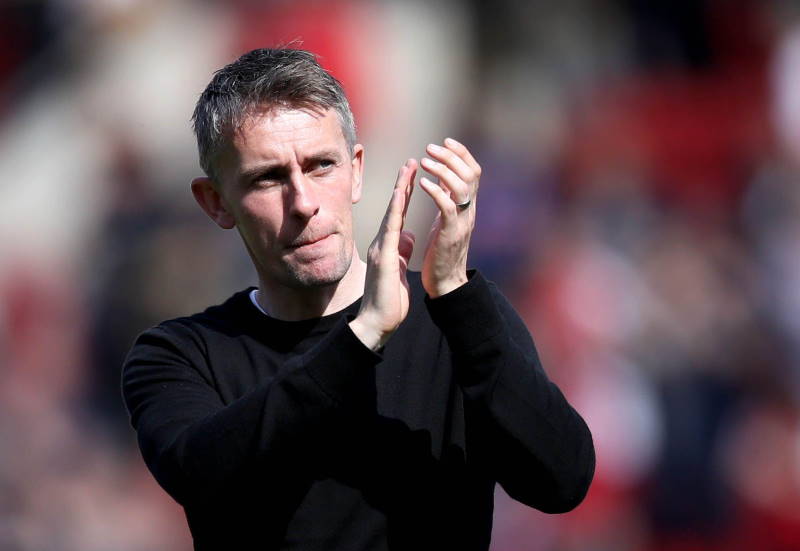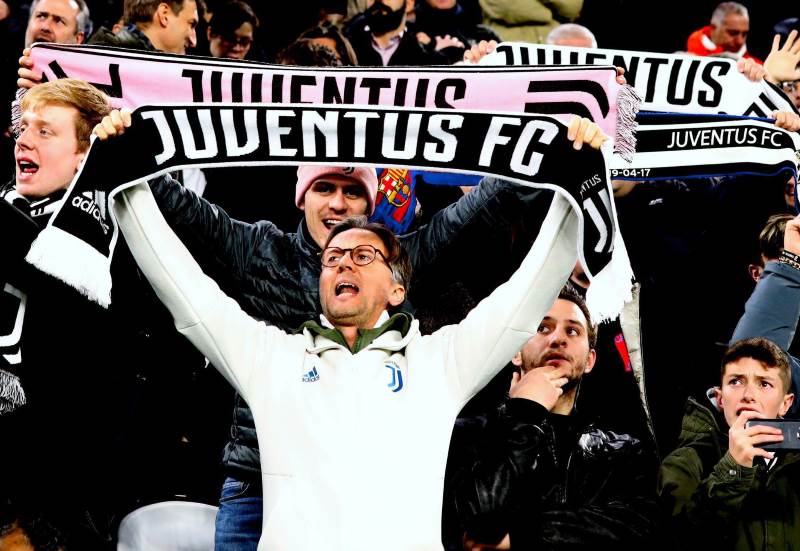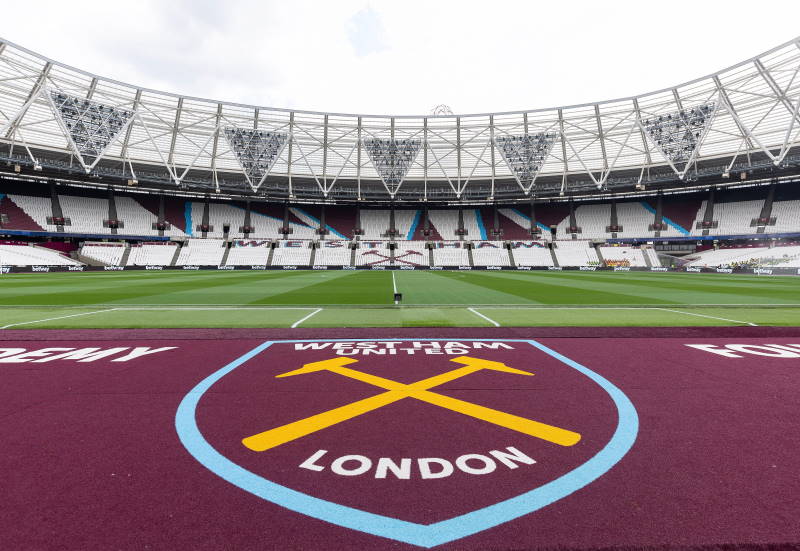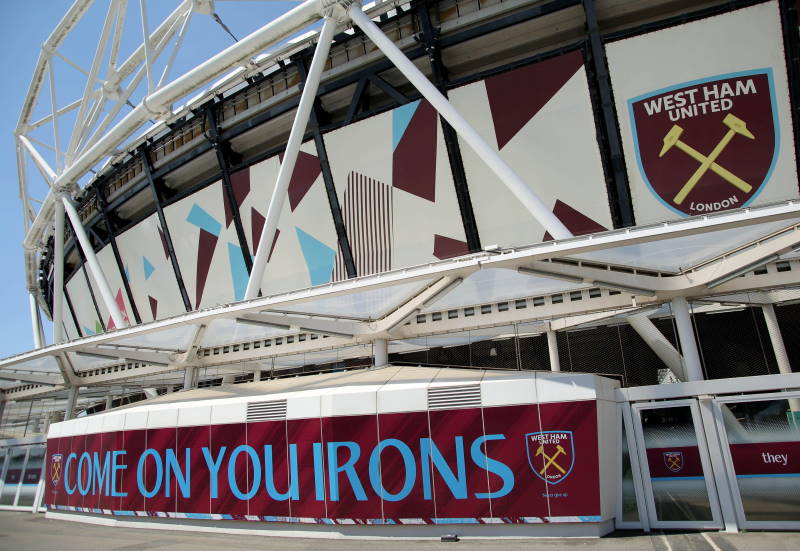.jpg)
Michel Platini is proving to be one of the most influential former players of the game, and seems as intent on tearing up the financial follies and footballing inequalities off the pitch as he was when leading Saint Etienne, Juventus and France to glory on it. With tougher regulations on what clubs can spend on players’ wages, stricter rules on the transfer of minors and teenage players to the larger clubs and other measures designed to bring houses in order and keep competition fierce, the Frenchman is certainly piling his plate high with matters that may be too much to bite off in one go (especially if football’s big hitters and money men start to cry about it).
One of the most eye-catching details is to get every major European league to accept the rules currently in place in European cup competitions and limit first-team squad sizes to 25 senior players. The purposes of this are twofold: firstly, clubs would be less able to spend unsustainable amounts of their money on wages if they can’t accrue vast numbers into bloated squads; and it stops the bigger clubs having squads of over 30 and having a huge advantage over the poorer teams, who have to rely on a shallower pool of talent, and thus get tired more quickly, running out of steam later in the season.
Many managers of smaller teams will happily welcome this – not just Aston Villa boss Martin O’Neill, whose inability to rotate a smallish squad could lead to “doing a Villa” becoming a common phrase for late-season collapses, but especially promoted clubs like Burnley, who struggle against the much larger turnovers of more (recently) established sides.
And while the managers’ of bigger clubs may moan about having less depth or complain their players, already burdened with extra European and cup matches, will be even more vulnerable to burnout, this is a fatuous excuse to disguise what is an argument against trying to break their stranglehold on silverware. It means that Manchester United, Chelsea and Arsenal, with their expensive squads lined with luxury purchases and young players lured into these by wealth and glamour, would not be able to gain an advantage where sides like Fulham, whose league form has deteriorated as their Europa League odyssey marches into evermore legendary territory, suffer.
A good indicator is to look at the squad sizes for the Premier League, in recent years rigidly hierarchical and the league with the most debt and highest wages, mostly accrued through larger squads. Manchester United boast three quality goalkeepers, 12 defenders (three haven’t played this season), 14 midfielders (four unused) and five strikers, plus other players such as Danny Welbeck, who is out on loan. That’s at least 34 players, with seven not used at all and nine having played less than ten games this season in all competitions. Though some, such as the unplayed Owen Hargreaves and Federico Macheda, have been hampered by injury, their squad would easily cope with less benchwarmers and deadwood floating about, and being forced to sell a couple of decent players such as Anderson, John O’Shea and Ben Foster, probably to other Premier League clubs, would balance the league out more than loaning out young players for experience and then keeping the ones that flourish.
Likewise Chelsea and Arsenal: 31 Blues players is too many, and if Deco and Paulo Ferreira went it could help young talent to emerge for the first time in ten years, and a host of the promising rookies that make a large and untested percentage of Arsenal’s 35 man squad would benefit from going elsewhere, even lower down the league pyramid, and playing first-team football, rather than waiting in a queue five-man deep in some positions to strut their stuff.
The advantage this gives the bigger clubs is obvious when looking at the league table in relation to squad sizes. Liverpool’s is down to 27 after a few lean transfer windows, reflecting their financial difficulties and perhaps partly explaining their poor season, and is now smaller than ambitious Champions League suitors Man City (29) and Tottenham Hotspur (32).
Aston Villa’s struggles to balance league and cup campaigns may be hampered by their 25-man squad trying to compete with these, and while Everton may look blessed with a squad of around 33, loanees such as Jô and Landon Donovan have come and gone, five of these are not even 18 – with a similar number having turned it this season – and over half of are from their well-respected youth system, where unlike at richer clubs they get a better chance to play and in most cases are home-grown rather than imported, as many of the French and African teenagers at Arsenal are.
Lower down, most of the teams are one or two loan signings or free transfers over the 25 limit Platini would like, and though none have 25 or less in their squads, few would be seriously damaged by one or two less backup options, and would probably benefit from having a player or two less to pay each week.
There are exceptions, such as the now financially-endangered Hull City (29), West Ham (30) and Portsmouth, who despite a massive clearout in the last four transfer windows still have 33 professionals on their books, which only goes to strengthen Platini’s often-repeated point that Premier League clubs have been spending on a moronically monumental scale and need more regulation to stop the league imploding with debt-laden clubs falling from cloud cuckoo land to earth with a massive bump.
While it would have been much harder to win the FA Cup, it would also have been much harder for Portsmouth to go into administration if they could have only signed 25 players when they played fast and loose with their accounts (and besides, even when up the creek and without a paddle they’ve reached at least a semi-final this year), but in a reflection of financial recklessness in the markets, they were allowed to gamble like madmen and ultimately their loyal fans will continue to suffer for it.
Again, this is one prong of many in Platini’s attempts to impose common sense and financial fair play into football, and if implemented will affect everything from transfer policy and youth development to wages paid out and the tactics of squad rotation. Pulling the strings like he did as a player, his preaching of prudence may be hard for ambitious clubs to swallow at first, but it has less dramatic side effects than the bitter pill that financial overextension would bring.
Related Articles:
- – Leo Messi Magic Still to Equal Diego Maradona
- – 3+1 Gets Asian Football Moving in Right Direction
- – Health Concerns Dog Start to Brazilian Season

